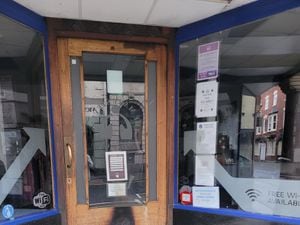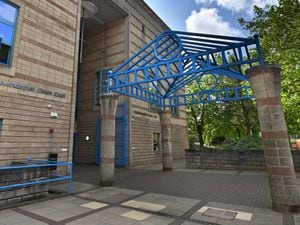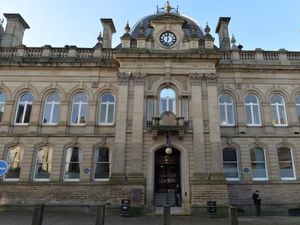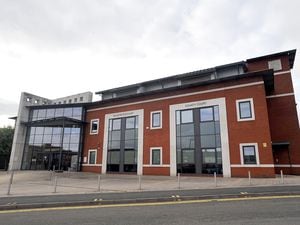'Dump bridge': Fly-tipping threat to wildlife at Black Country nature reserve
People fly-tipping rubbish at a Black Country nature reserve are causing potentially life-threatening damage to its expanding wildlife population - with one area nicknamed ‘dump bridge’ by despairing residents.
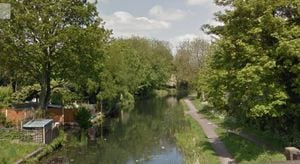
The Wyrley and Essington Canal corridor, stretching from Wolverhampton city centre to the edge of Walsall, has been badly hit during lockdown – with complaints of litter and debris being dumped on an almost daily basis.
Designated a Local Nature Reserve in 2018, the heritage site is more than 220 years old and is home to a variety of birds and mammals including kingfishers, herons, mallards, coots, moorhens, foxes and weasels.
Repeated incidents of fly-tipping have now greatly increased fears for the safety of wildlife, after recent reports that a colony of badgers had moved in.
In the weeks since Christmas and New Year, the stretch of canal between Moat House Lane and Wednesfield village has been regularly targeted by drinkers leaving empty cans and bottles behind.
The area around the bridge is often referred to by residents as ‘dump bridge’ due to the amount of rubbish frequently thrown there.
Kate Jeavons, who walks along the towpath regularly, said: “I use this as my route for daily exercise and this problem seems to be getting worse, which is a real shame.
“The towpath and the canal were cleaned by volunteers not all that long ago, and it’s just so sad that there are people out there who will deliberately go and throw rubbish either in the canal or into the trees instead of putting it in the bin or taking it home.
“It makes me really angry because people have gone to a lot of effort to try and keep it clean. These individuals obviously don’t care about the poor animals living there either. It’s very sad really,” she added.
Councillor Phil Bateman said: “It makes you angry and sad in almost equal proportions. The interest in wildlife in and around urban Wednesfield is growing, perhaps as fast as it ever has previously and we want to keep it that way.
Containers
“Surely people who use this nature reserve for this type of anti-social behaviour could deposit their empty containers in the bin on the top of the bridge. Surely its not too much to ask?
“I am now convinced that badgers are using the towpath at night for their long journeys, eating slugs, snails and worms. I took a particularly fine paw print just this week.
“Our canal network is a fantastic asset that we should not ignore. Keeping our environment rubbish-free needs hard work and dedication. It just won’t get done unless we all do something for the good of the wildlife and the flora,” he added.
“As it stands, we are lucky to have easy access to this green open space and we really need to preserve the wildflowers and the wildlife.
“We live in a world threatened by climate change and it’s getting difficult for all sorts of wildlife without people making it harder by leaving harmful piles of litter in their habitat.
“I have been knocked out by the number of people using the canal since lockdown occurred. And if it’s kept clean, we will have a greater chance of attracting even more wildlife including otters and water voles.”
Councillor Bateman said that people living nearby could also help keep wildlife alive by leaving peanuts, sunflower seeds and mixed bird seeds in their gardens.
Sarah Rudy, campaigns and communications manager (West Midlands) for the Canal and River Trust, said: “During lockdown our canal network has provided a much-needed green space for local people and it’s wonderful that our towpaths are being used as part of their daily exercise.
“Our waterways are a vital part of the UK’s wider green infrastructure, contributing to our health, wellbeing and economy and with a key role in helping adaptation to climate change.”

